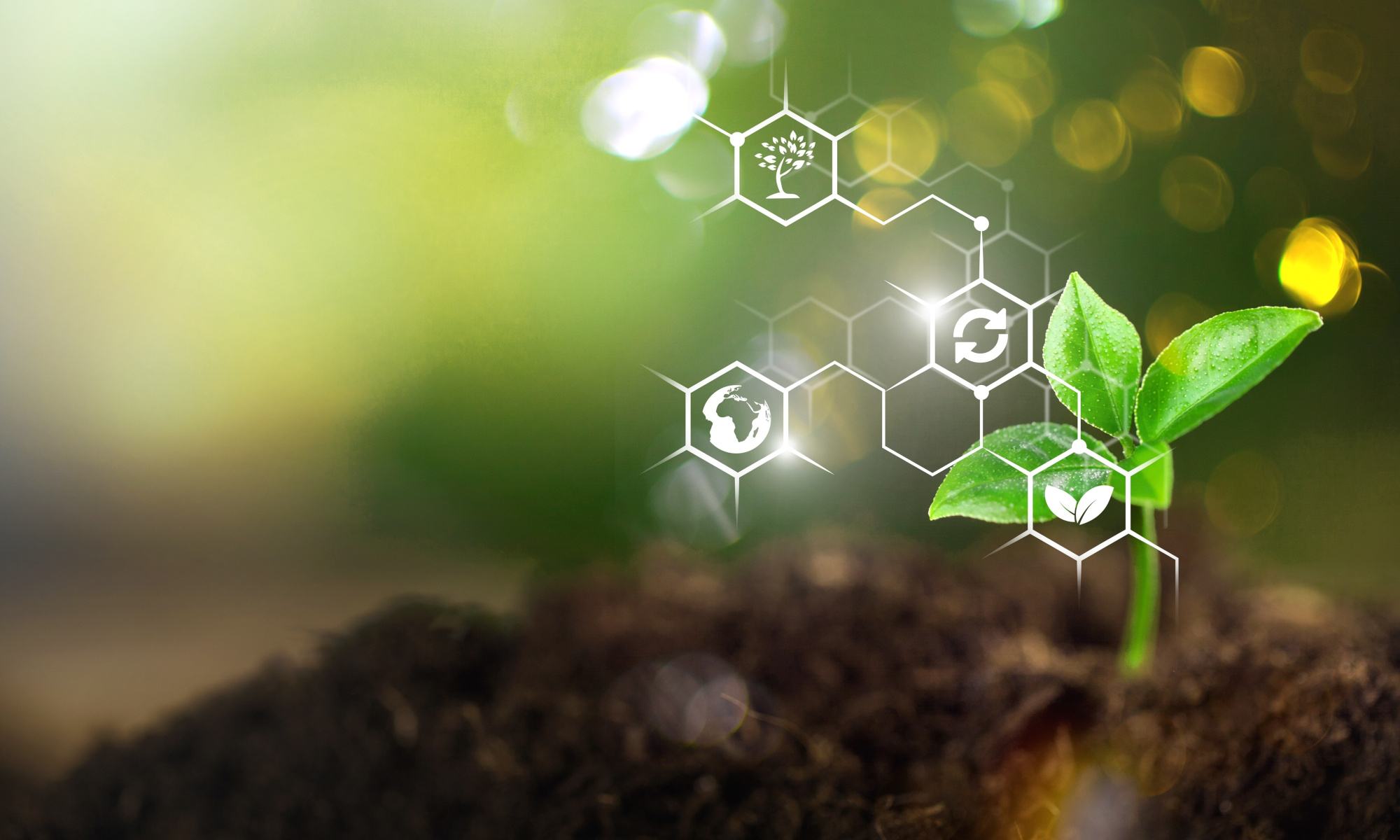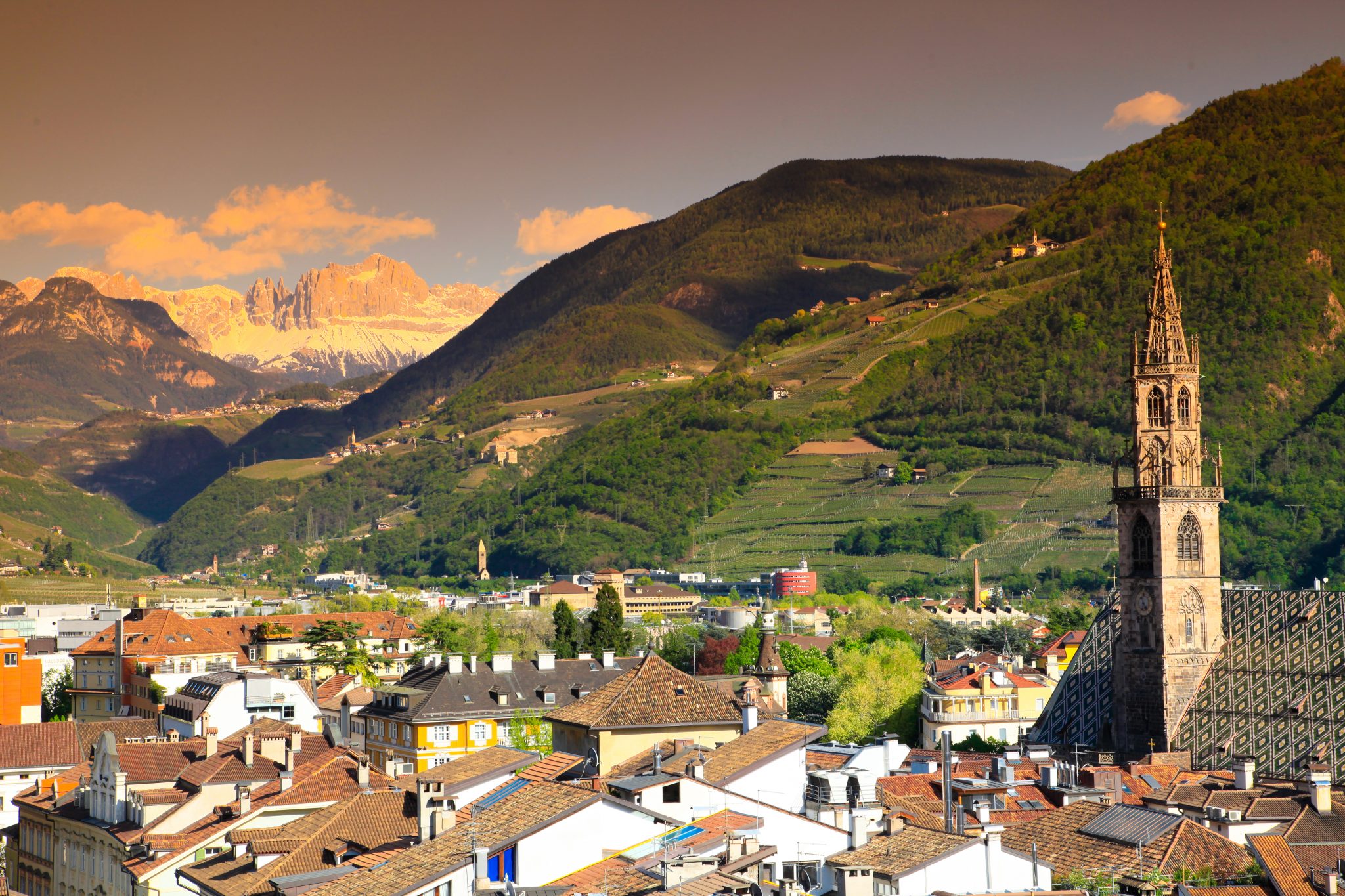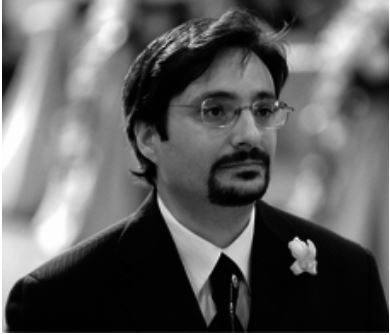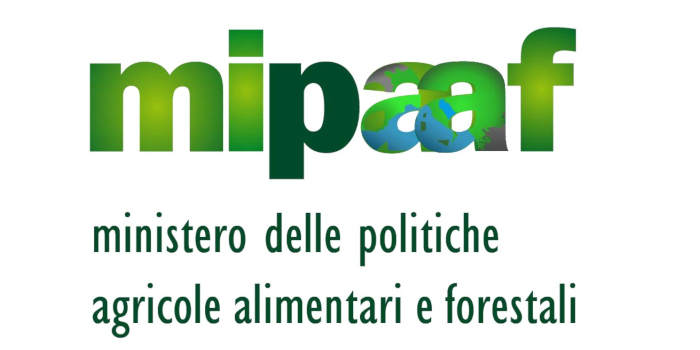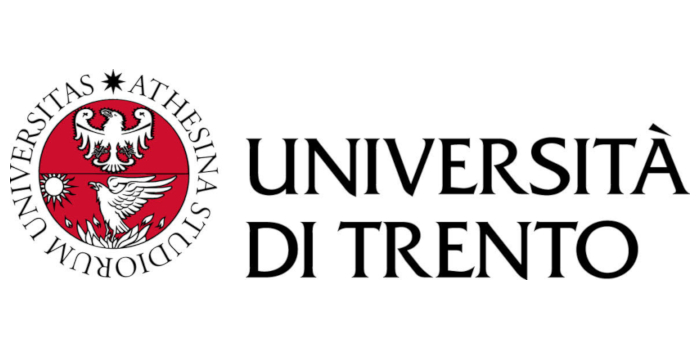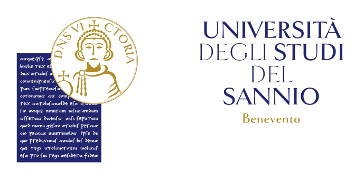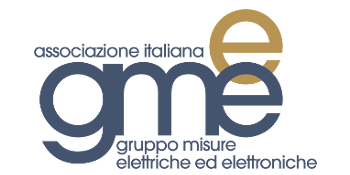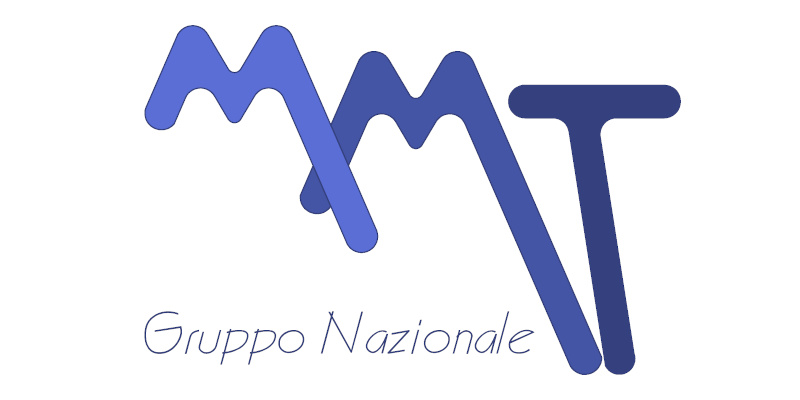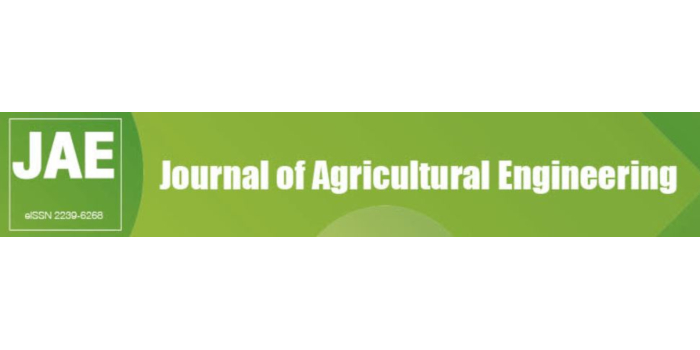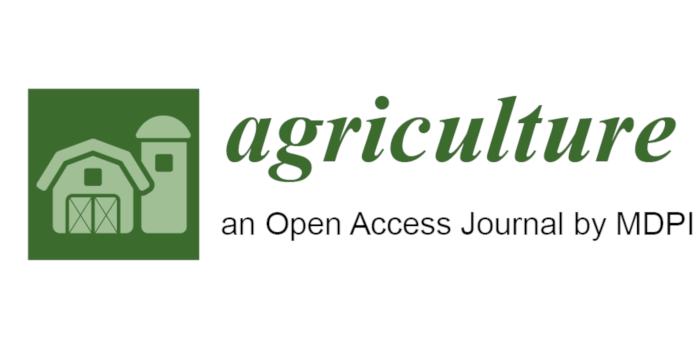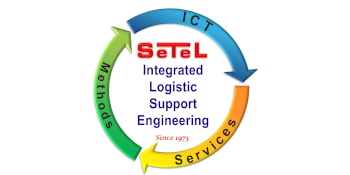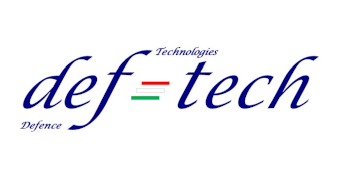Smart electronics and sustainable systems as key enabling technology in precision agriculture
ORGANIZED BY
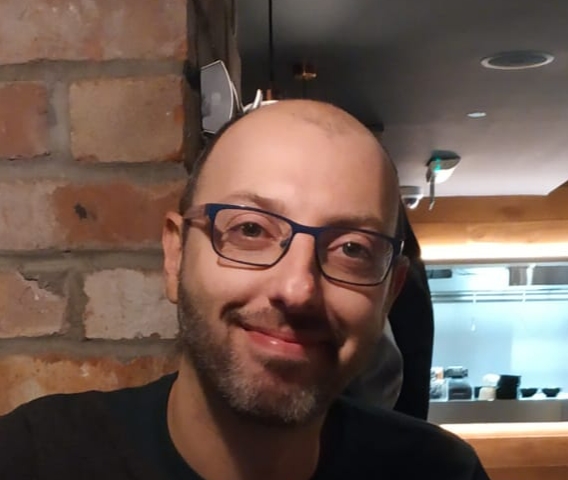
Luca Maiolo
Istituto per la Microelettronica e Microsistemi - Consiglio Nazionale delle Ricerche
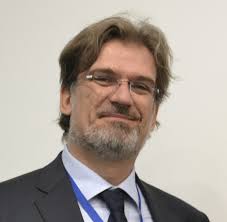
Danilo De Marchi
Dipartimento di Elettronica e Telecomunicazioni - Politecnico di Torino
Fabio Leccese
Università degli Studi RomaTre
ABSTRACT
Electronics and information and communication technology (ICT) can provide optimized solutions for Precision Agriculture, satisfying at the same time both farmer and consumer needs. Indeed, ICT systems and ad hoc electronics can promise to put together high yield with a more responsible and sustainable use of natural resources. Innovation in these sectors can revolutionize modern agriculture highlighting concepts like sustainability and circularity, by implementing ultra-low-cost, autonomous (energy harvesting), ultra-low-power and flexible sensors, devices and systems; implementing solutions for saving water, land, air, biodiversity, renewable and non-renewable raw materials; avoiding the use of pesticides and treatments that could jeopardize the balance between ecosystems; considering the recycle of materials in the crop itself, but also by the use of recycled materials for the sensors and devices that will build the system.
These technologies can impact directly on the environment, on the farmer’ safety and in turn can provide healthy food to the consumers. Sustainability is the key for a responsible and safe way of producing food. With limited resources and increasing environmental degradation, there is renewed focus on ensuring economically viable and environmentally friendly agricultural methods. This is where precision agriculture (PA) comes in handy.
This special session has the aim to collect all the technologies, infrastructures and visions showing how electronics and ICT solutions can represent a formidable ally to help farmers, food distributors and citizens in preserving natural resources and increase food quality.
TOPICS
Scholars are invited to submit original research papers and focused reviews in areas relevant for electronics and ICT technologies applied in precision agriculture.
These may include:
- Wireless Sensor Networks in PA;
- Low consumption electronics and energy harvesting system to improve efficiency in PA;
- Aerial sensors and satellite, LIDAR and drones monitoring;
- Designing, development and use of drones for PA;
- High resolution remote sensing imagery;
- Methods for canopy volume/crop biomass detection;
- Methods for in-situ soil nutrients monitoring;
- Methods for in-situ measuring soil physical and mechanical properties;
- Methods for crop disease detection;
- Chemical and Physical sensors for smart monitoring in PA;
- Sensor Fusion and Data analysis in PA;
- Light infrastructure and network architecture in PA;
- Electronics for crop production, sustainability and saving natural resources.
Keywords: Precise Agriculture, Sensors, Flexible electronics, ICT solutions in PA, Wireless Sensors Network, LIDAR, PAR, Vegetative index, Sustainability, LoRa.
ABOUT THE ORGANIZERS
Dr. Luca Maiolo received the Master degree in Physics in 2003 and the Ph.D. on “Realization and characterization of polysilicon based electronic devices on fexible substrates for electronics on plastic” in 2008, both from “Università degli studi di RomaTre”. In the biennium 2004-2005 he was a research assistant at Institute for Photonics and Nanotechnologies, working on fabrication and electrical characterization of polycrystalline thin film transistors for large area electronics applications. In 2009 he joined to Robotics, Brain and Cognitive Sciences Department of Italian Institute of Technology in Genova, as post-doctoral fellow, where he developed and tested tactile flexible sensors for humanoid robot. Currently, he works as permanent researcher at the Institute for Microelectronics and Microsystems of the National Research Council (CNR-IMM). His activity is mainly focused on fabrication and characterization of smart systems and innovative sensors based on advanced materials integrated on ultrathin flexible substrates. His main interests span from the fabrication of smart sensors for precise agriculture, biomedical applications and biotechnological market to investigation on novel sensing materials for the design of reliable and low-cost sensing platforms. He has been the Head of from 2016 to 2020. He is co-founder of the interdisciplinary group TechforBio for the development of advanced devices and sensors in biomedical applications. He serves as Review Editor for Frontiers in Bioengineering and Biotechnology, Frontiers in Materials and Frontiers in Electronics. Rapporteur for the Italian Ministries of Economic Development and Education University Research in the panel of Nanotechnologies. He has also been Visiting Scientist at CSIR-Central Electronics Engineering Research Institute (CEERI), Pilani, India and he has participated as principal investigator or unit leader in several European and National projects, and bilateral calls with Israel, USA and India.
Prof. Danilo De Marchi received the Engineering Degree and the PhD in Electronics Engineering from Politecnico di Torino, Italy, in 1991 and 1995, respectively. Full position as Associate Professor at Politecnico di Torino, Department of Electronics and Telecommunications. Lecturer at EPFL Lausanne for the course "Nanocomputing", Biomolecular computing module, at the Electrical Engineering PhD School.
Visiting Professor at EPFL Lausanne and at Tel Aviv University. Visiting Scientist (August 2018) at MIT and Harvard Medical School for the project SISTER (Smart electronic IoT SysTEms for Rehabilitation sciences).
Author and co-author of 5 patents and more than 250 scientific publications in international journals and peer-reviewed conference proceedings. He is leading the MiNES (Micro&Nano Electronic Systems) Laboratory of Politecnico di Torino and coordinating the Italian Institute of Technology Microelectronics group at Politecnico di Torino (IIT@DET). He is also Senior Member of IEEE, Member of the BioCAS Technical Committee, Associate Editor of the IEEE Sensors Journal, of the IEEE Open Journal on Engineering in Medicine and Biology (OJ-EMB) and of the Springer-Nature Journal BioNanoScience, General Chair of BioCAS (Biomedical Circuits and Systems) Conference edition in Torino, October 2017, and founder of FoodCAS Workshop (Circuits and Systems for the Food chain).
Fabio Leccese was born in 1974. He received the Electronic Engineering degree and the Ph.D. degree in electronic engineering from “Roma Tre” University, Rome, Italy, in 2001 and 2004, respectively.,Currently, he is an Assistant Professor with the Department of Electronic Engineering, “Rome Tre” University. He is mainly interested in power quality, signal analysis, and wireless sensor networks for precision agriculture and sustainable solutions.
